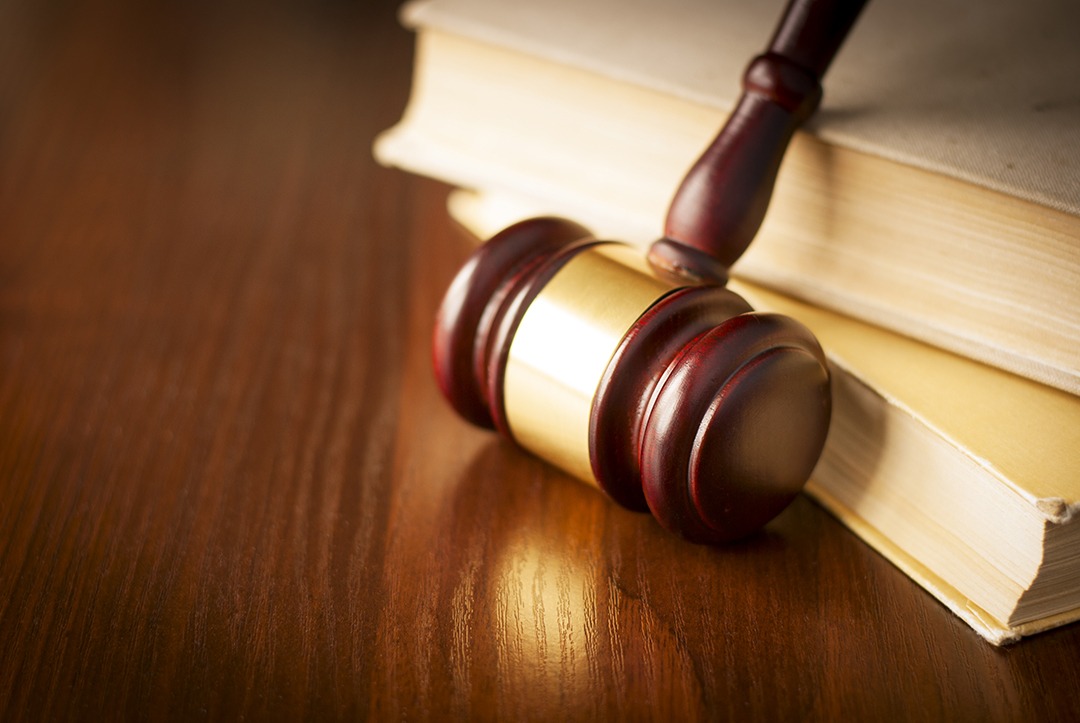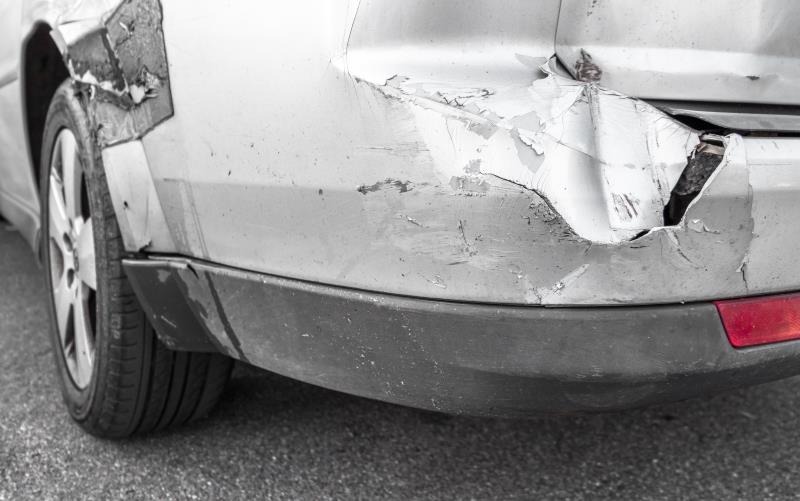If you or a loved one has been injured in an accident caused by another individual’s negligence, you may be entitled to compensation for damages under Florida personal injury law. In a case based on negligence, the plaintiff (injury victim) must establish that the defendant (at-fault party) was responsible for the accident and the injuries they suffered. That is one of the reasons that you need to work with a lawyer that understands the legalities of the whole case. Although this sounds pretty straightforward, numerous factors can make recovering difficult for the accident victim.
What are the 4 Elements of a Personal Injury Case?
From a general standpoint, the defendant will be liable for negligence if they failed to establish reasonable care meaning the reasonable care taken by a prudent individual under the same conditions or circumstances. Negligence may include:
- acting or behaving in a way that a reasonable individual would not
- the failure to act as a reasonable individual would
There are 4 elements that the personal injury lawyer and plaintiff must establish or prove in an accident with injuries case including:
- the defendant owed the plaintiff a duty of care
- the defendant breached that duty
- the plaintiff was injured and suffered financial loss
- the defendant’s breach caused the plaintiff’s injuries
Keep in mind that the defendant has the right to refute any part of the plaintiff’s claim and should they be successful, the claim will be invalid. Hence the reason why it is so important that you contact a personal injury lawyer when you’ve been injured so they can ensure meeting all 4 of the above elements in your case.
Different Circumstances – Different Duties of Care
In a personal injury case based on negligence, the most critical question is whether or not the defendant owed a duty of care to the plaintiff. In Florida personal injury law, the duty of care is defined as the at-fault party’s or defendant’s responsibility to the injury victim or plaintiff. For example, the duty of care for a private individual and their actions towards another is different from the duty of care that a doctor or healthcare provider has towards a patient.
In any event, establishing the duty of care is necessary before you can proceed with your claim. Let us help you. If you’ve suffered injury or lost a loved one in an accident that was caused by another person’s negligent actions or behavior, don’t risk losing the compensation you’re entitled to. For more information or to schedule a FREE consultation with an experienced personal injury lawyer, contact the Graves Thomas Rotunda Injury Law Group today at (772) 569-8155.




